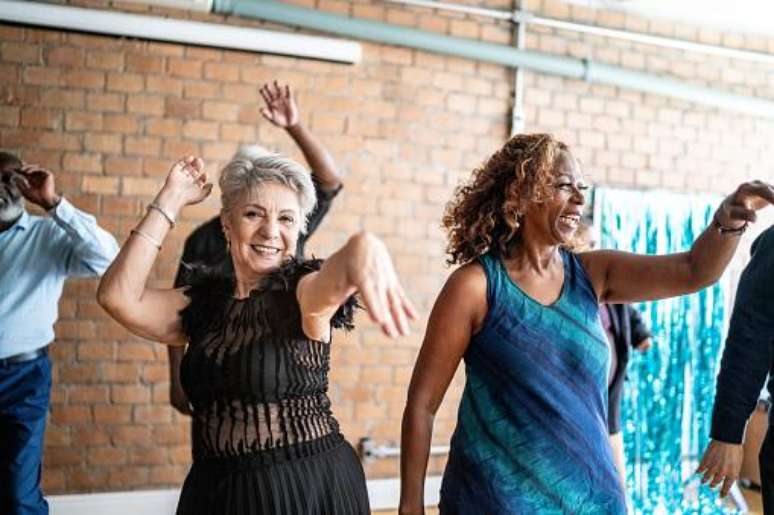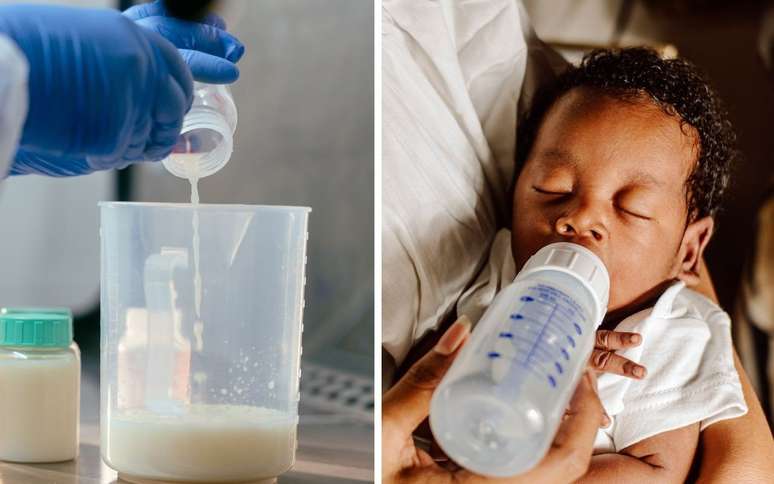You’ve probably heard someone say that they feel younger than they actually are, either because they’re still physically fit or because they feel mentally younger than people of their generation. Furthermore, with the changes in standards in modern societies, hearing that “40 is the new 30” has become quite common.
But what does this say about our existence? After all, is age a measurement that says more about our biological or psychological indicators? Do some signals from our body follow the passage of time or is it really all in our head? To address this problem, researchers have increasingly focused on interpreting human aging.
Biological clock
One fact we have about human existence on Earth is that our bodies don’t last forever. As time passes, systems that once worked well gradually begin to fail, leaving the mark of the passage of time. Much of our aging is explained by telomeres, small regions of repetitive DNA that cap the ends of each chromosome in our cells.
Each time a cell divides, the telomeres shorten until they reach a point where they are so degraded that they constitute a signal for the cell to die. This helps prevent cells from sitting still long enough to accumulate mutations that could potentially cause a serious problem. The link between shorter telomeres and shorter life expectancy was established by studies published more than two decades ago.
However, 2021 reviews report that telomere length is not the best formula for measuring someone’s age in years. According to the researchers, the complex nature of human aging makes the existence of a single biomarker capable of capturing all factors unlikely.
In general, aging also manifests itself with a general wear and tear of most organs and tissues of the body. Whether one system is affected more than another will depend on the individual, but this explains why so many diseases are much more common in older people and why things like vision and hearing become impaired over time.
Psychological age

In short, we can separate the human age into two portions. If the number of candles on your birthday cake represents your chronological age, then the age you feel inside is your “subjective age.” After all, there are many people around the world who challenge the standards that older people can no longer have the same energy as younger people.
Past studies show that optimism about life leads to an 11% to 15% increase in life expectancy, while a lower subjective age could be an indicator of brain health. Being optimistic, however, is not so simple, keeping in mind that cognitive dysfunctions, whether mild or more serious, such as dementia, tend to influence human mood and emotions.
Therefore, if you are asked whether biological age or psychological age determines the aging of our species, the simplest answer is that both have their share of participation. Not only are our biology and psychology altered regardless of age, but each can also work in reverse, impacting our experience as we age.
Biological aging is inevitable, but that’s not all. Recent psychological research increasingly shows that interventions to support better mental health and well-being can help people regain some “control over time,” adding a few years to their lives.
Source: Terra
Ben Stock is a lifestyle journalist and author at Gossipify. He writes about topics such as health, wellness, travel, food and home decor. He provides practical advice and inspiration to improve well-being, keeps readers up to date with latest lifestyle news and trends, known for his engaging writing style, in-depth analysis and unique perspectives.








